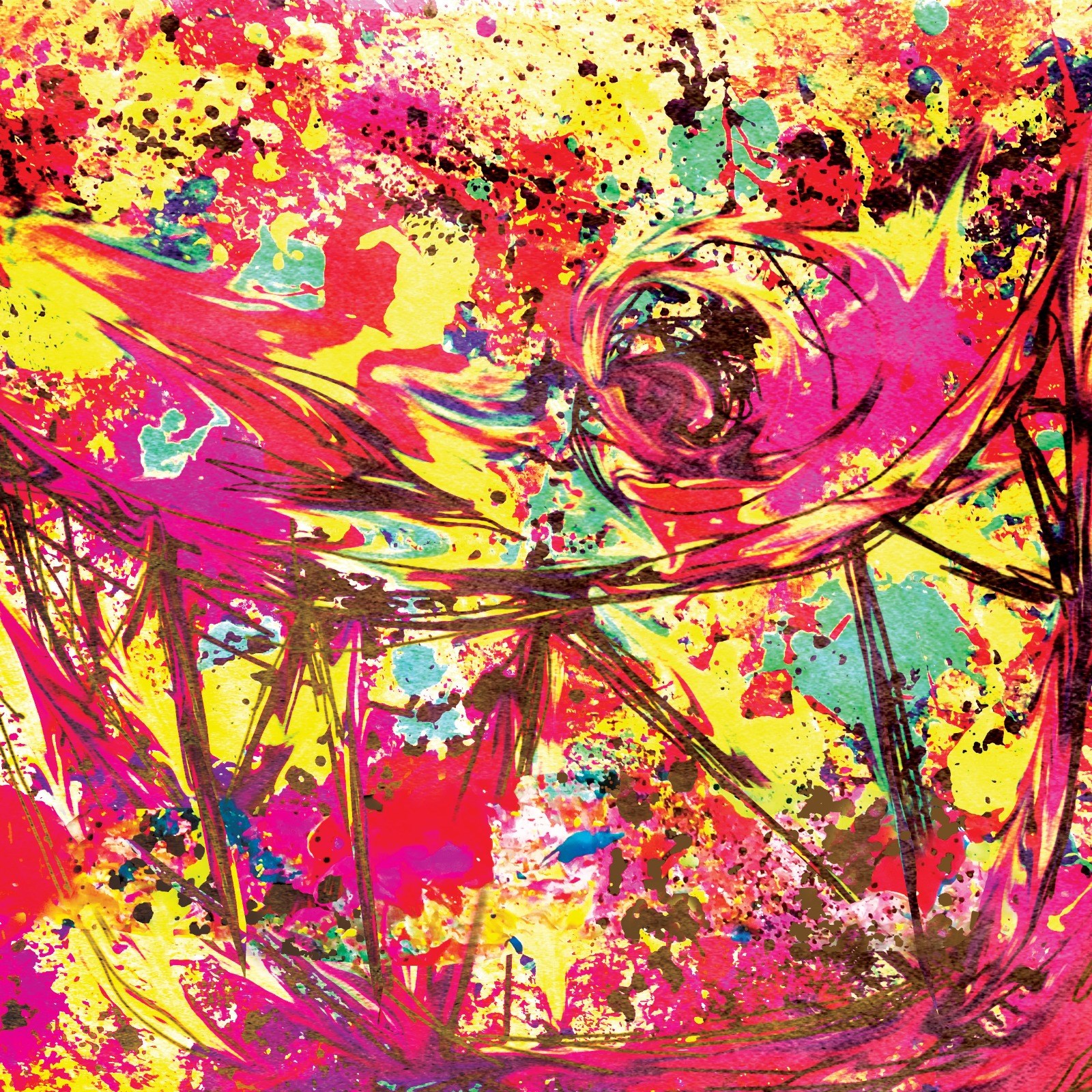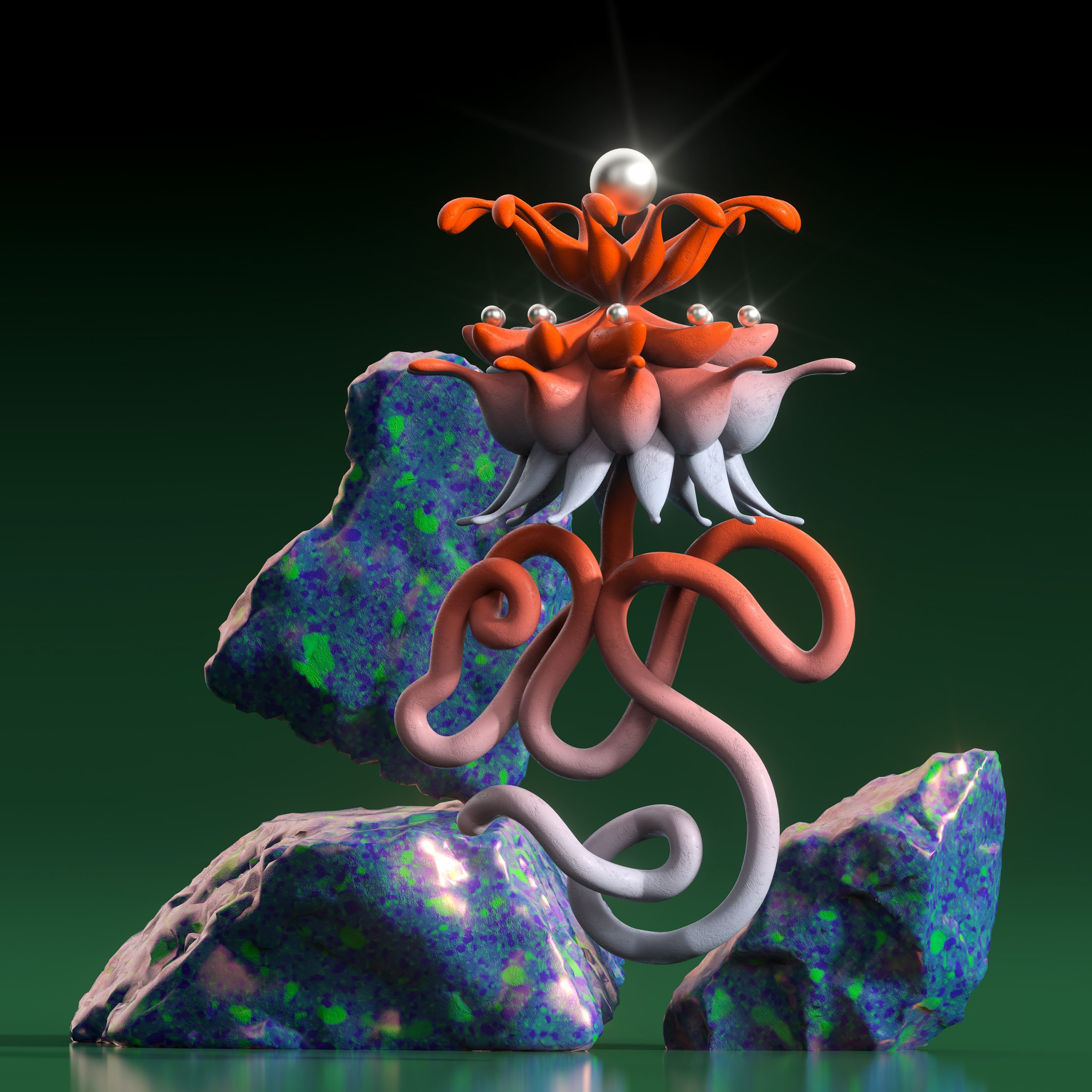Feed Me looks to the future by turning to the past on the new eponymous album
Image courtesy Sotto Voice
Most fans of electronic music will probably agree that the form saw the peak of its golden era in the 21st century from the mid-2000s to the early 2010s. This boom saw largely underground styles such as dubstep, drum & bass, and fidget suddenly burst forward into the mainstream conscious, pioneering new forms and sub-genres such as electro-house and complextro. It was a time when the sounds were massive, propulsive and obnoxious, seemingly formulated to disrupt the rhythms of everyday life. It was a time that also gave rise to the superstar DJ and established the all too inescapable definition of EDM, whose sound would reach beyond the genre itself and go so far as to steer the directions of pop and rock music. The landscape of mainstream electronic music has since simmered down; the death of dubstep arose from a reactionary shift towards the down-tempo sounds of tropical house and chill wave which have since dominated the genre. The subversions of unrestrained electro mostly returned to the underground. The sixth album from veteran UK producer Jon Gooch, better known as Feed Me, is an eponymously titled tribute to that not so distant past. Released on Gooch’s own Sotto Voice imprint, Feed Me is a riotous, iconoclash exodus. It’s a technology and nostalgia fuelled journey that looks back to the sound of electronic music’s most recent finest hour during a time where the context of the form itself is being called into question more than ever before.
Arguably, Gooch never really stopped making this sort of music. His post-2013 releases Feed Me’s Existential Crisis and 2019’s High Street Creeps avoided lapsing into the sort of tech house and melodic techno groove being used as the standard template by his peers. On this album though, there is a definite shift in Gooch’s approach to the aesthetic, one which presents the most evolved iteration of his sound to date. There is a preoccupation with the notion of destruction and imperfection that sees Gooch experiment with analogue forms against the slick technological futurism of his usual production. As such, there is a level of earthy sophistication to the music on Feed Me that Gooch arrives at for the first time. Feed Me runs through a gamut of influences across its eleven tracks, from dubstep to electro-house and even moments of retro synthwave. Its opening moments are defined by the sort of massive, choppy complextro sounds that recall deadmau5 at his most noxious or Zedd at his most inspired. Blanket Ban interpolates the snarl of an electric guitar with the progression of its synth chords and builds itself around these, the sort of rock by way of electro aggression of the Bloody Beetroots but most closely recalling what Justice found on Cross. If It Bounces is a mind bending synthesis of dubstep and drum & bass signifiers, with ramped up synths designed to snap your synapses. Between the brain melting big room bangers are well placed moments of space, mostly in the form of quiet but equally as propulsive iterations of synthpop. The first arrives early with the slow-burning Reckless feat. Tasha Baxter, a laser-sharp retro track formulated for late night city drives with the windows down. Stop Motion feat. HEIGHTS is the poppiest moment on Feed Me, featuring slick bass guitar chords and euphoric, buzzing keys. The bass guitar links the influence of French house, which is further explored on tracks such as the Justice-esque Night Boat where Gooch combines organic funk instrumentation and percussion with droning, high-tech synth progressions.
It’s almost impossible to not speak about the music on Feed Me with reference to other artists, probably because so much of this album feels like a tribute to a specific moment in time and the pioneers of that moment. It’s completely referential, but unashamedly so. Across the album, Gooch employs a number of stylistic and technical motifs that harken back to the innovations of that time. The rhythms are broken and fidgety, the baselines are consuming and the signature wobble of dubstep is dominant. He throws himself into formulating the sort of intricate synth mutations and fidget house evolutions proposed by Peter Robinson and later popularised by Skrillex and deadmau5 with a striking sense of vehemence. There is a commitment to and respect for this sound. In many ways what Feed Me arrives at are incredibly considered compositions of sound design, detailed in texture and complexity. It’s at once familiar but also entirely newfound, a sort of evolution of the sound from where 2010 left off. Frank Frazetta, for instance, is dubstep for the age of tech-house, featuring that signature wobble glitching over a 4/4 beat and choppy, modulating vocal samples. There’s a sense of distinct creativity to Feed Me. It manages to conjure the spirit of its predecessors while never losing sight of its own time and modality, serving to imagine what the lineage of electronic music may have sounded like should this aesthetic have continued to reign as the principal point of departure.
Feed Me is released with accompanying long form music video for every track on the album featuring Feed Me’s signature animated gremlin avatar on a technology fuelled psychedelic trip. Watch below.
Follow Feed Me
Twitter | Instagram | SoundCloud | YouTube | Website



